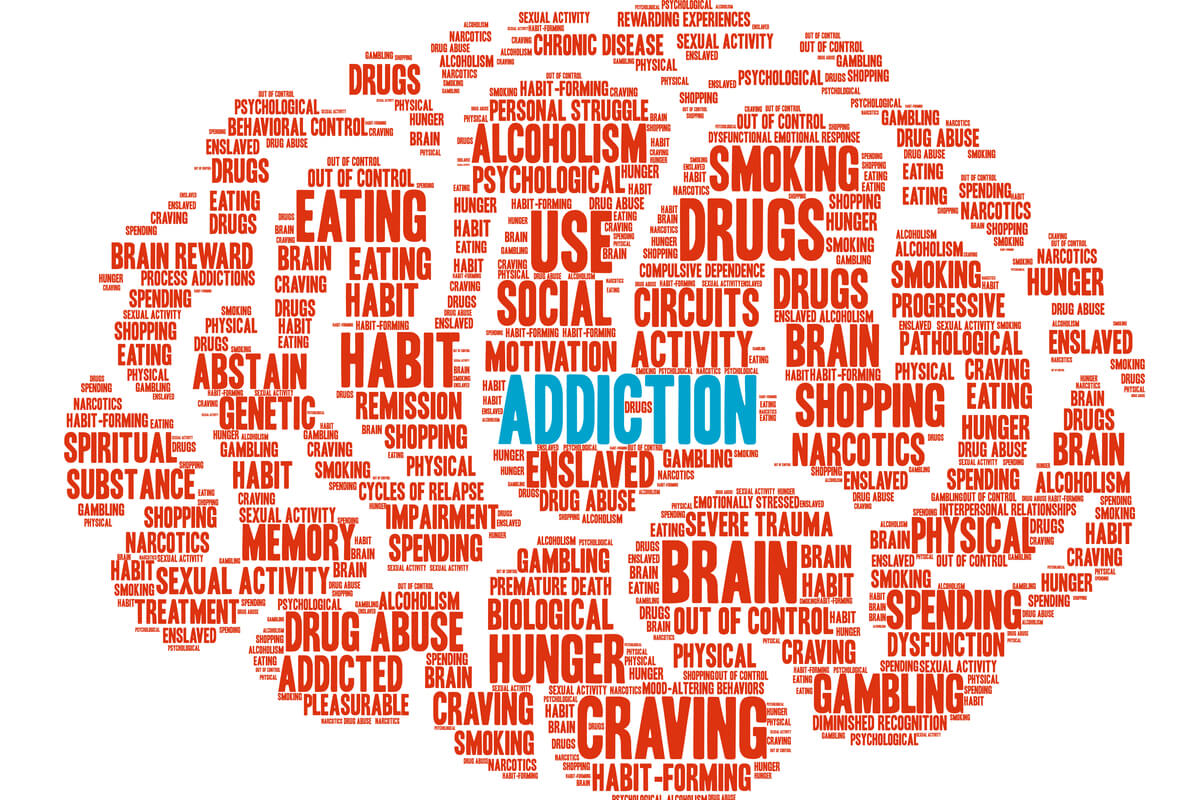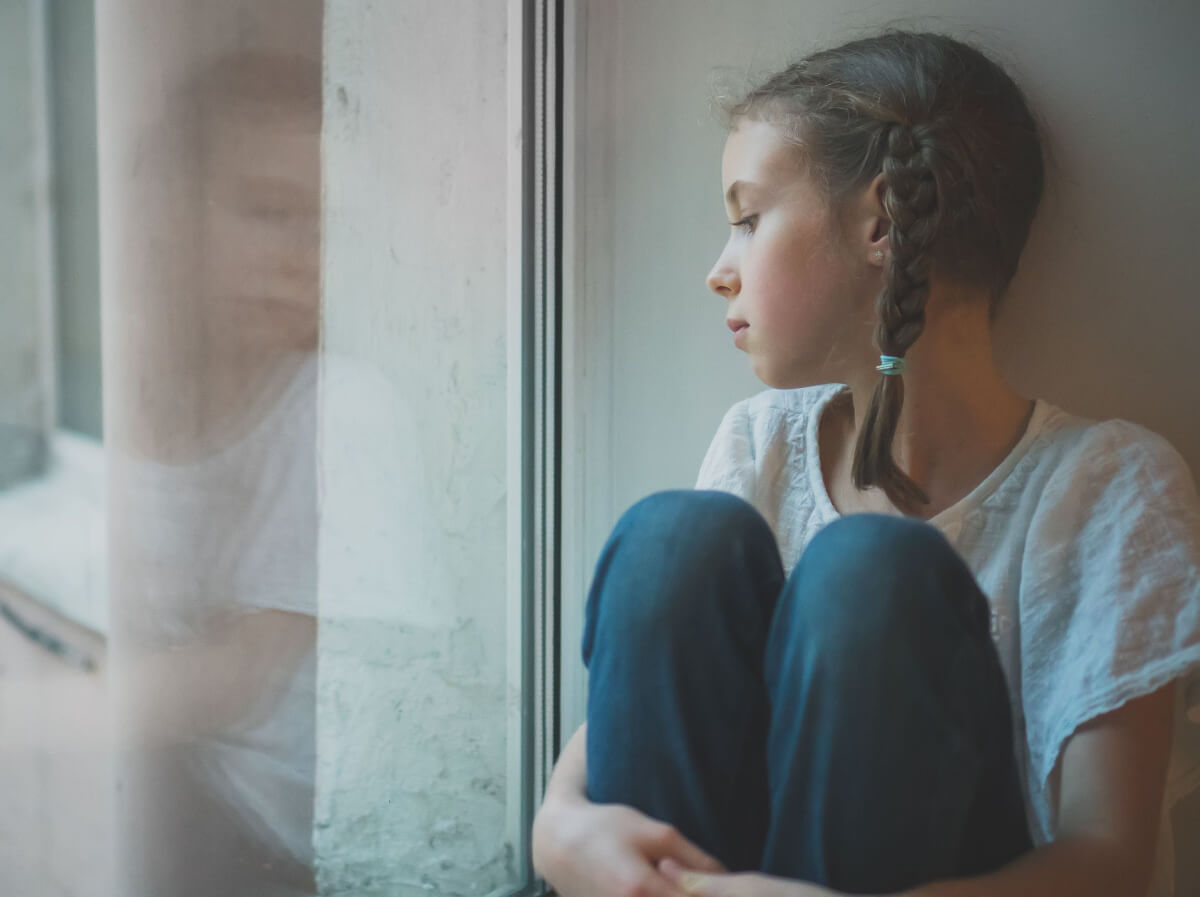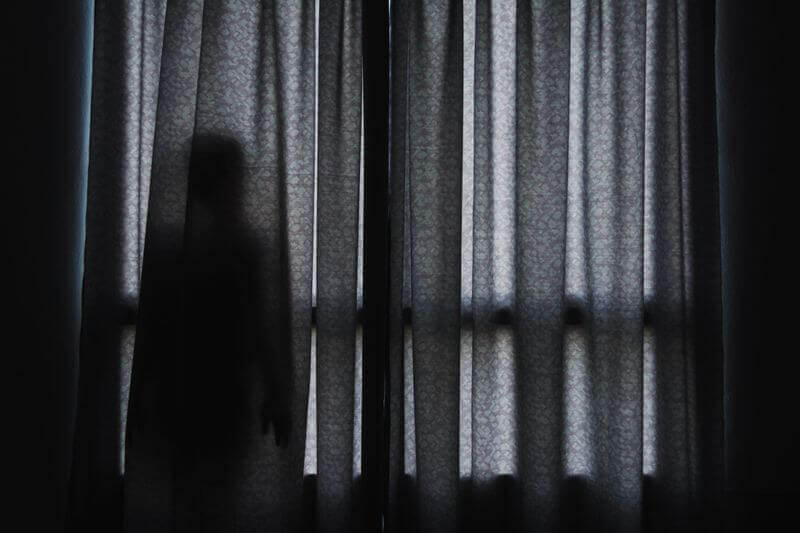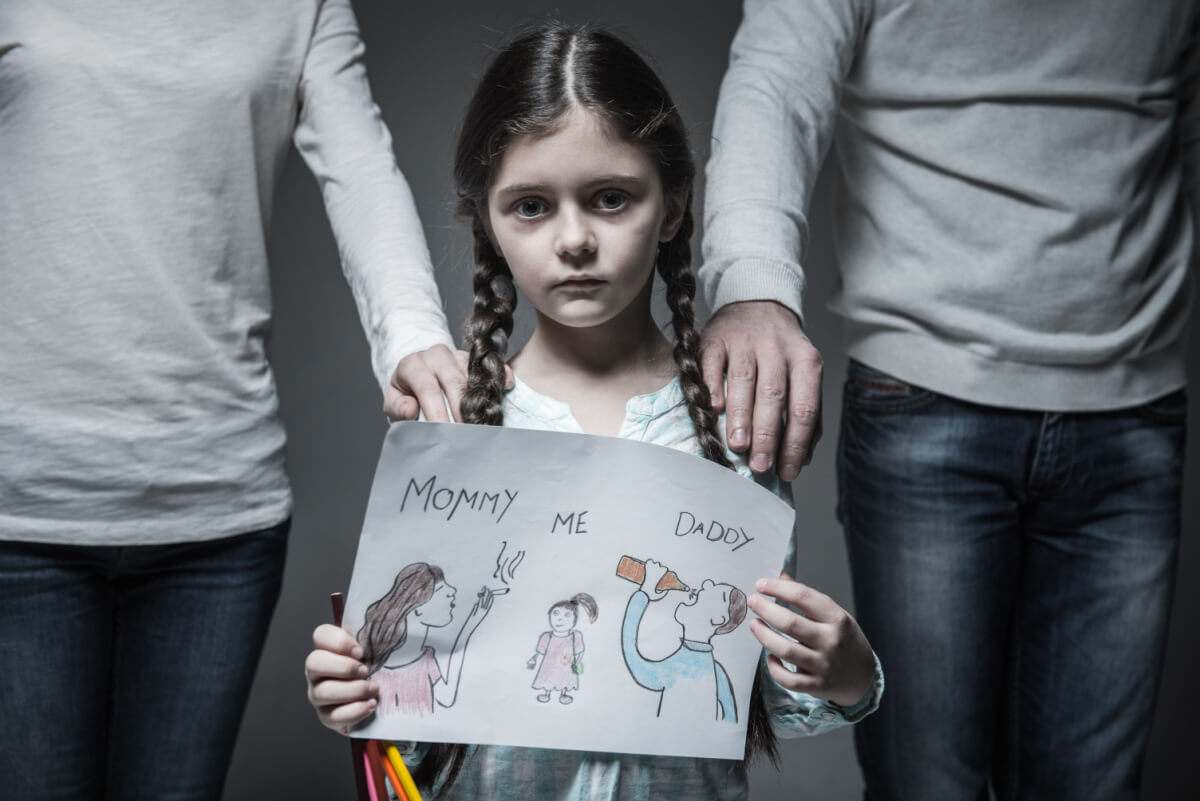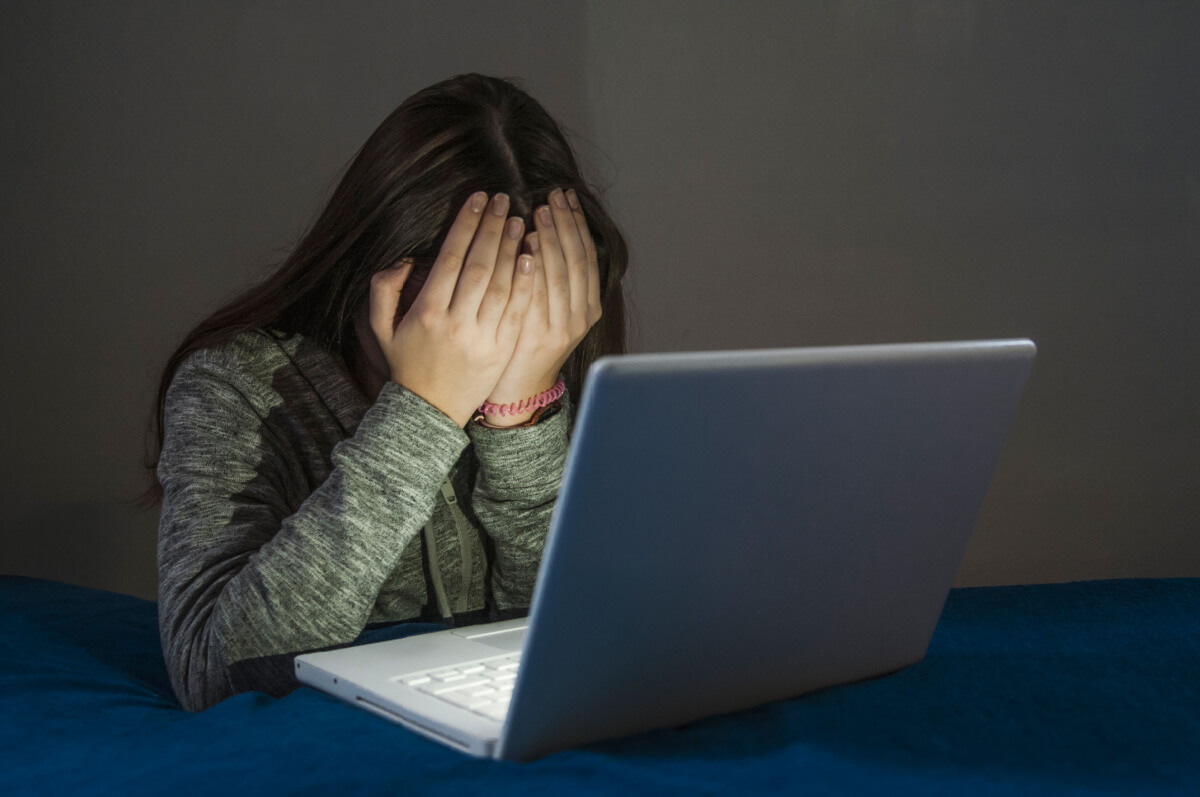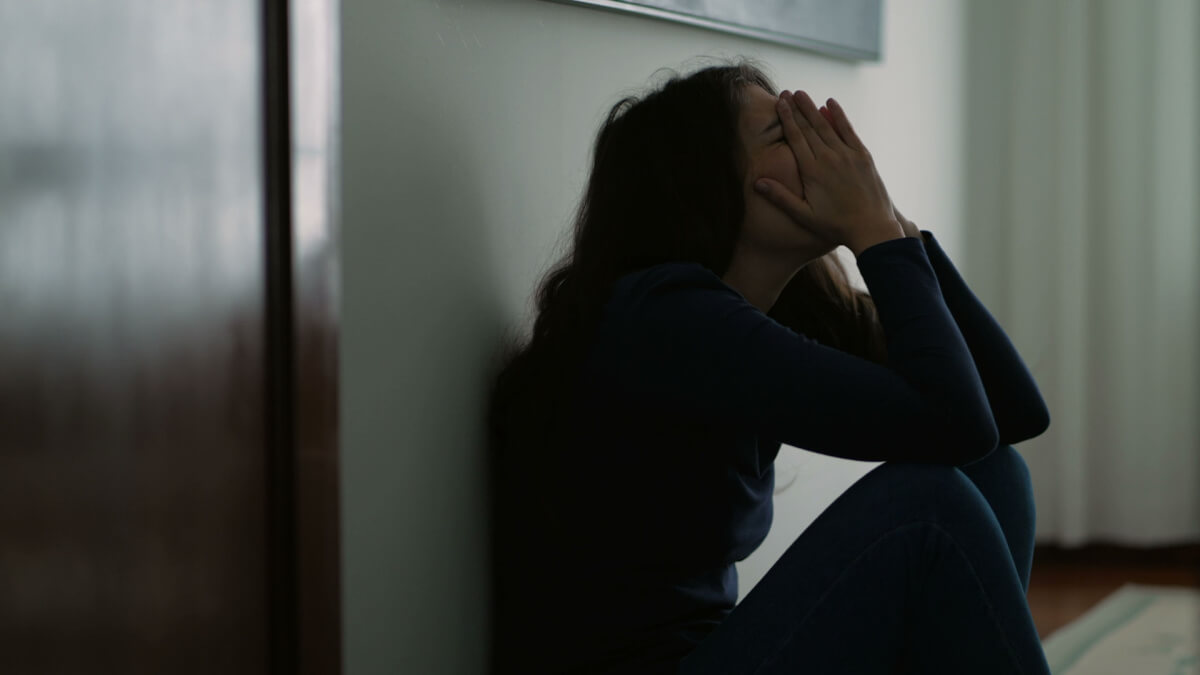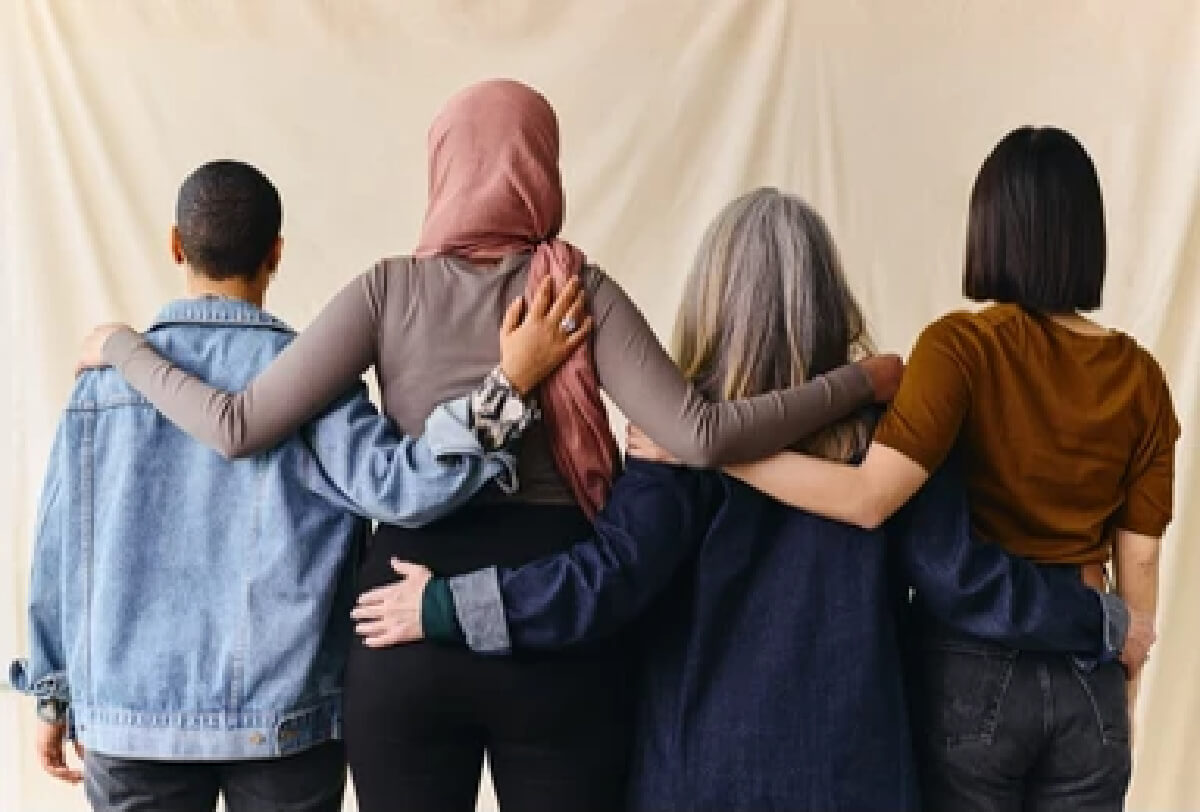
Black, Indigenous and People of Color (BIPOC) communities tend to have higher rates of substance misuse and substance use disorders (SUDs) as well as worse treatment outcomes. The reasons for this have to do with socioeconomics, cultural differences, institutional racism and structural violence against these populations. This article will review some more information on this topic and discuss resources for you or loved ones that are members of the BIPOC community who are recovering from a SUD.
Key Statistics About Addiction in BIPOC Communities
Some key statistics about addiction and recovery among members of black, indigenous, and people of color (BIPOC) communities include the following:[1]
- According to data from 2015 to 2019, past-year illicit drug use is higher for individuals reporting two or more races (28.5%) as compared to white counterparts
- Black people reported past-year illicit drug use at a rate of 20.8% which is higher than their white counterparts.
- SAMHSA data suggests about 5% of people who report they are of two or more races had a substance use disorder, as compared to lower rates among their white counterparts
- American Indian and Alaskan Natives report a rate of SUD of 4.8% which is higher than their white counterparts
Why Has Addiction Hit the BIPOC Population So Hard?
Despite media portrayals of BIPOC individuals struggling with addiction at far higher rates than white individuals, this is largely not true. Rates of SUD are actually thought to be equal among all racial and ethnic backgrounds. Said another way, there is no “racial group” that is more likely to become addicted than any other group. The rates of addiction of most ethnic groups are comparable across multiple populations and across multiple countries.
However, it is the outcomes of individuals in the BIPOC community that tend to be worse than those of their white counterparts. BIPOC populations tend to have more limited access to medical care, experience more discrimination and isolation in our medical system, and overall have poorer health outcomes in a number of domains, including in SUD treatment [2] A 2014 study found Black and Hispanic individuals were less likely than white people to complete SUD treatment [2].
Negative Stereotypes
Native Americans have a particularly high rate of substance misuse and SUDs as well as poorer outcomes in accessing proper care and quality addiction treatment. The reasons for this are multifactorial and complex, but may be in part due to systemic oppression of these groups. There is no evidence to suggest any biological proclivity to alcohol use disorder and other substance use disorders among this population.[3]
Socioeconomic Barriers
Again likely as a result of systematic oppression, these communities often struggle socioeconomically, which can further contribute to issues with drugs and SUD.[3] Minority populations often experience socioeconomic disadvantages that make the cost of quality health care and addiction treatment more difficult to access. These communities are also often less likely to have access to health insurance which can be essential in paying for SUD treatment.
Which Substances Have Hit This Population the Hardest?
Alcohol and opioids have been problems for the BIPOC community, though it should be noted that rates of AUD and SUD in general are relatively equal among all ethnic and racial groups. [1]
Alcohol
Of all drugs, alcohol is historically one of the most dangerous not just to members of BIPOC communities but to Americans in general. Alcohol is often viewed separately from other substances of misuse. While alcohol is regulated because it is legal. However, alcohol is highly addictive and very dangerous when misused. If not consumed with care, alcohol can cause a number of health problems. These health problems are disproportionately experienced by members of the BIPOC community.
Prescription & Synthetic Opioids
The United States is in the middle of a prescription painkiller epidemic that has been ongoing for decades. Unfortunately, this epidemic has worsened with the rise of synthetic opioids like fentanyl. Rates of fentanyl use were actually higher among white people than those in the BIPOC community in previous years, but seem to be equalizing now that the drug has become cheaper and more and more available. [3]
Other Substances
Rates of illicit non-opioid drug use (cocaine, marijuana, methamphetamines and hallucinogens) were higher for those reporting at least two races as well as those in the American Indian and Alaskan Native groups, followed by Black individuals, as compared to lower rates among white individuals [3]
What Are the Common Barriers to Treatment for BIPOC Individuals?
Two of the most significant barriers to SUD treatment are availability and cost.[4]
Accessibility
Addiction treatment is resource intensive for a community. It requires that enough trained medical professionals are available within the community to see the number of patients requiring SUD care. It is well established that communities of color have less access to addiction treatment professionals. This is why telehealth can often be especially useful to these communities. This is a type of virtual addiction treatment discussed in more detail later.
Cost
Addiction treatment can be expensive. In fact, some types of addiction treatment, such as in-person detox and residential treatment stays, can be thousands of dollars if the individual is paying out of pocket. BIPOC individuals are less likely to have insurance than their white counterparts. The cost of out of pocket treatment for SUD can be prohibitively expensive.
Perceived Need for Treatment
Some people think they can simply handle SUD on their own. This is a common issue in treatment. One study found both that Black men and women were most likely to report this as their primary reason for not currently being in treatment for SUD.[4] This issue is not unique to the BIPOC community, however. People from all ethnic groups struggle to admit a problem with addiction and the need for help.
What Is Being Done to Change Barriers to Treatment & Increase Access?
Barriers to treatment and increased access can be addressed on multiple levels.
Improving Treatment Access
Part of the response to the opioid epidemic has been to pass legislation to facilitate addiction treatment in all communities, including the BIPOC community. The federal government has taken some actionable steps toward increasing access, including elimination of the Suboxone waiver (an additional certification that providers needed in order to prescribe suboxone) and decreasing legal restrictions on telehealth services so that more individuals in remote communities can access telehealth for addiction treatment.
Addressing Bias
Disparities in care greatly impact the BIPOC community. The National Institute on Drug Abuse (NIDA) introduced a Racial Equity Initiative in 2020 with the goal of addressing racism in NIDA’s workplace and research.[8] They are partnering with state and local organizations to identify and remove barriers to addiction treatment for the BIPOC community.
Support Resources
A good place for anyone to start, including those in BIPOC communities, is through SAMHSA’s National Helpline. This helpline, available at 1-800-662-HELP (4357) and in both English and Spanish, is designed to help people learn about mental health and addiction treatment resources in their area.[9]
Additional resources for those in the BIPOC community dealing with SUD include the following:
- Racial Equity Support Line: This organization offers a helpline for people who are dealing with emotional impacts from racism. These impacts can often fuel ongoing substance misuse.[10]
- Melanin & Mental Health: This organization’s goal is to make mental health care more accessible to the BIPOC community.[11]
- Black Emotional & Mental Health Collective: This group highlights community programs that center on Black mental health.[12]
In spite of these first steps, the BIPOC community still faces significant disparities [5,7] and much work still needs to be done to level the playing field for all peoples experiencing SUD.
The Emergence of Telehealth Companies for Substance Misuse Treatment
Telehealth can greatly improve access to addiction treatment, including those in the BIPOC community. With telehealth treatment, a company sets up an app or online site for patients to connect with trained addiction treatment professionals virtually. This eliminates transportation barriers, increases access for those living in communities with few addiction professionals, and facilitates access to care. Research has shown virtual care to be equally effective to in person care when done right.[13]
Treatment for OUD With Bicycle Health
At Bicycle Health, we offer Medication for Addiction Treatment (MAT) with Suboxone via our telehealth addiction treatment services. Our goal is to increase access to treatment for those with opioid use disorder, including those in the BIPOC community.
Reach out to us today to learn more about how we can help you leave opioid misuse in your past and build a better future.

Medically Reviewed By Elena Hill, MD, MPH
Elena Hill, MD; MPH received her MD and Masters of Public Health degrees at Tufts Medical School and completed her family medicine residency at Boston Medical Center. She is currently an attending physician at Bronxcare Health Systems in the Bronx, NY where ... Read More
- Racial/ethnic differences in substance use, substance use disorders, and substance use treatment utilization among people aged 12 or older (2015-2019). Substance Abuse and Mental Health Services Administration. Published 2021. Accessed August 27, 2023. https://www.samhsa.gov/data/sites/default/files/reports/rpt35326/2021NSDUHSUChartbook102221B.pdf
- Saloner B, Lê Cook B. Blacks and Hispanics are less likely than whites to complete addiction treatment, largely due to socioeconomic factors. Health Affairs. 2013 Jan;32(1):135-45. https://www.ncbi.nlm.nih.gov/pmc/articles/PMC3570982/
- Dunbar-Ortiz R, Gilio-Whitaker D. What’s behind the myth of Native American alcoholism? Pacific Standard. Published June 14, 2017. Accessed August 27, 2023. https://psmag.com/news/whats-behind-the-myth-of-native-american-alcoholism
- Keen Ii L, Whitehead NE, Clifford L, Rose J, Latimer W. Perceived barriers to treatment in a community-based sample of illicit-drug-using African American men and women. Journal of Psychoactive Drugs. 2014 Nov-Dec;46(5):444-9. https://www.ncbi.nlm.nih.gov/pmc/articles/PMC6941410/
- Training and educating public safety to prevent overdose among Black, Indigenous, and People of Color communities. National Council for Mental Wellbeing. Published August 2021. Accessed August 27, 2023. https://www.thenationalcouncil.org/wp-content/uploads/2022/01/BIPOC-Enviro-Scan_Final.pdf
- The opioid crisis and the Black/African American population: An urgent issue. U.S. Department of Health and Human Services, Substance Abuse and Mental Health Services Administration. Accessed August 27, 2023. https://store.samhsa.gov/sites/default/files/pep20-05-02-001.pdf
- Racial inequalities in treatments of addictive disorders. Yale School of Medicine. Published October 1, 2021. Accessed August 27, 2023. https://medicine.yale.edu/news-article/racial-inequities-in-treatments-of-addictive-disorders/
- Racial Equity Initiative. National Institute on Drug Abuse. Published March 31, 2022. Accessed August 27, 2023. https://nida.nih.gov/about-nida/racial-equity-initiative
- SAMHSA’s National Helpline. Substance Abuse and Mental Health Services Administration. Published August 30, 2022. Accessed August 27, 2023. https://www.samhsa.gov/find-help/national-helpline
- Racial Equity Support Line. Lines of Life. Accessed August 27, 2023. https://www.linesforlife.org/get-help-now/services-and-crisis-lines/racial-equity-support-line/
- About Us. Melanin & Mental Health. Accessed August 27, 2023. https://www.melaninandmentalhealth.com/about-us/
- Our Programs. BEAM: Black Emotional and Mental Health Collective. Accessed August 27, 2023. https://beam.community/programs/
- Butzner M, Cuffee Y. Telehealth interventions and outcomes across rural communities in the United States: Narrative review. Journal of Medical Internet Research. 2021 Aug 26;23(8):e29575. https://www.ncbi.nlm.nih.gov/pmc/articles/PMC8430850/
Download Our Free Program Guide
Learn about our program, its effectiveness and what to expect
Related articles
Imagine what’s possible on the other side of opioid use disorder.
Our science-backed approach boasts 95% of patients reporting no withdrawal symptoms at 7 days. We can help you achieve easier days and a happier future.
